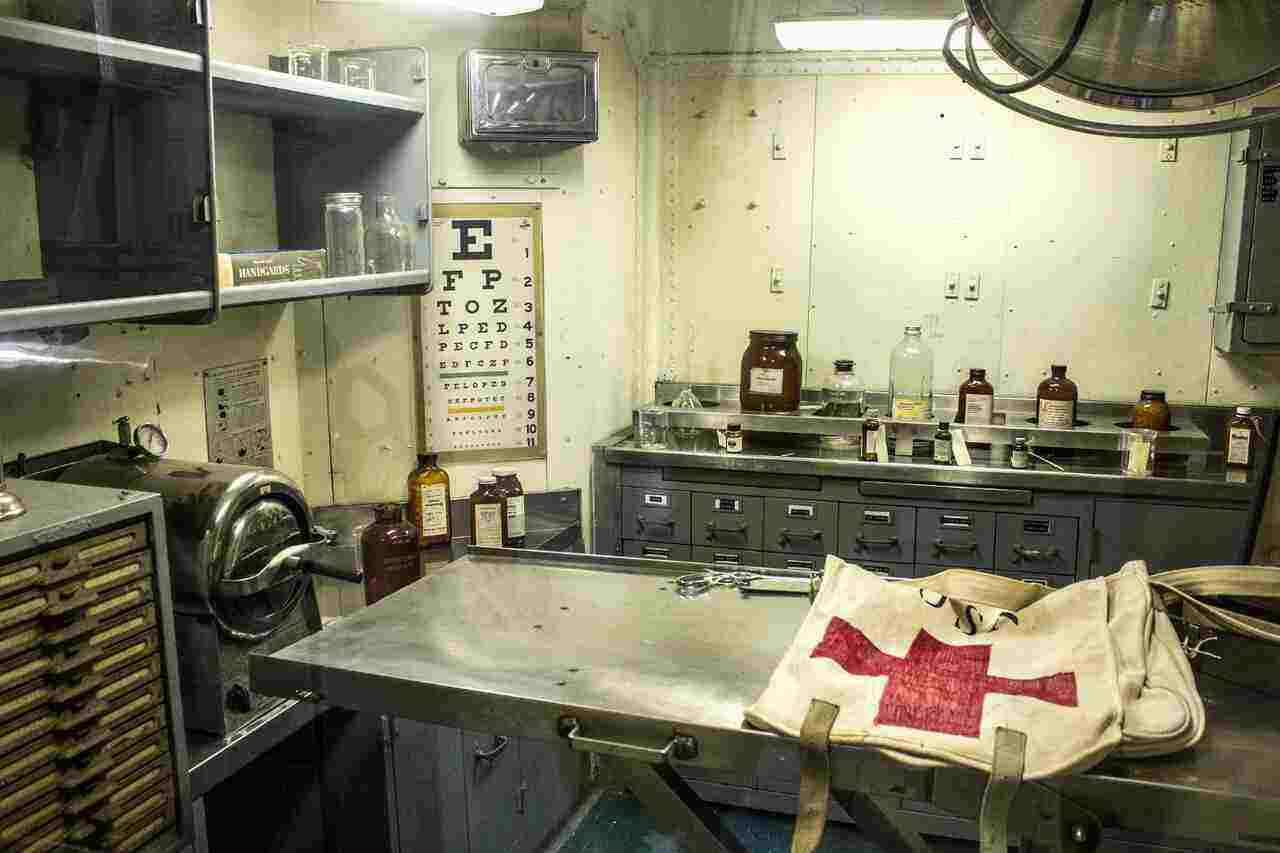More than 2 million American military service members have been deployed since September 11, 2001, to Operations Enduring Freedom (OEF) and Iraqi Freedom (OIF). Detection of high rates of depression, mental health problems, chronic pain, and more among those who return require the best healthcare services. Since military service members face different health issues than the general public, special programs and a strong healthcare system in the military are required to help these brave members to return to normal life. America’s Military Health System is one of the country’s most complex and largest healthcare institutions that surpasses the entire world’s military healthcare delivery options.
Healthcare in the military is crucial, and that is why the system must be impeccable in providing services to military personnel. Since military members are at risk of different health problems such as burn pits, infections, chemical hazards, injuries, and contaminated water, they must know a few factors so that they can help them attain the best healthcare services. Let’s take a look at the following helping factors in military healthcare.
-
Reaching Out To Military Social Workers
It’s sad to know that more than 58% of those deployed to war suffer from post-traumatic stress disorder and 60% suffer from depression. The military healthcare department needs to pay special attention to the mental well-being of all military personnel. Fortunately, military social workers play a commendable part in helping active-duty service members and veterans deal with emotional and psychological disorders of various kinds.
Military service members suffering from depression, PTSD, and anxiety due to their service turn to military social work. It helps address different social issues such as crisis intervention and family counseling. Military social workers have a deep understanding of the military culture and are better at treating military personnel than anyone else.
-
Dealing With The Effects Of PTSD
It is not easy for veterans and other military personnel who experienced trauma to transition back to life. It’s hard to believe that individuals who are physically trained to the extreme can be so emotionally and psychologically vulnerable, but that’s what stress, depression, and trauma can do to a person.
This is where the Military Health system saves lives on the battlefield and helps service members and their families cope with the aftermath. The military medical system plays a significant role by providing support and assistance to the armed forces both physically and mentally. Soldiers and other military personnel who deal with risk behaviors, depression, suicidal tendencies, alcohol dependency, and so on are often dealt with evidence-based therapy such as medications and psychotherapy.
-
Benefits of The Joint Trauma System
There is no doubt that military healthcare in the US is one of the leading healthcare systems that has given commendable performances in many areas. One area that offers world-leading knowledge about providing life-saving lessons for the military is the MHS Joint Trauma System. It not only provides knowledge about combat casualty care but also gives lessons in civilian trauma care. The best thing about healthcare in the military is that it not only aims to provide relief to military personnel but also plays an active role in domestic mass casualties.
This system by the MHS is dedicated to improving survivability and reduce mortality and morbidity for all trauma patients in wartime. Its main goal is to provide evidence-based process improvement of combat casualty and trauma care.
-
Receiving Access to TRICARE
One of the biggest benefits servicemen receive in military healthcare is access to TRICARE, which is the military’s health care program. It is a beneficial medical program specially designed for covering the medical expenses of active-duty military personnel and their families. About every military personnel and their family can take advantage of TRICARE, but only if they understand the options most relevant to them. TRICARE is generally available to survivors, uniformed service members, and their families, those registered in the Defense Enrollment Eligibility Reporting System, former military spouses, medal-of-honor recipients, and their families, and national guard members and their families.
How Can Healthcare In The Military Improve?
The core mission of healthcare in the military or the MHS is unlike what is delivered by private healthcare systems. The system has been designed in such a way that it must be ready at all times to deploy thousands of healthcare providers around the world. Even though the military healthcare system in the US achieved the highest survival rate from battlefield wounds, many still believe that it can do better and improve. The military health system does not only protect its brave men and women on the battlefield but through a network of military clinics and hospitals, but it also delivers healthcare at home.
Healthcare in the military today faces challenges such as productivity, uneven quality of care, and cost. Another unique challenge that the system faces is keeping the healthcare providers’ skills up to date. Many suggest that outsourcing healthcare to the private sector will save money, but given the facts, it is particularly hard. Fortunately, military healthcare is taking necessary measures by increasing the skillset of their healthcare providers, reducing costs, and increasing productivity.
Conclusion
From taking care of the wounded on the battlefield to helping others return to normal life, military healthcare is a blessing and essential for all military personnel. The efforts of the military health system, specially in addressing the psychological issues of veterans and service members, are appreciable.






































